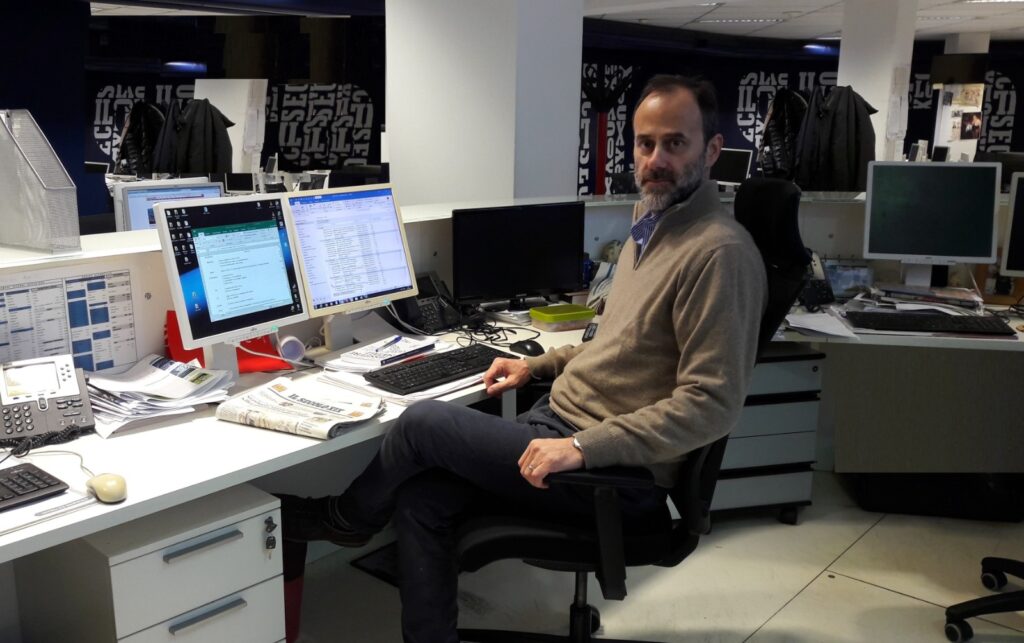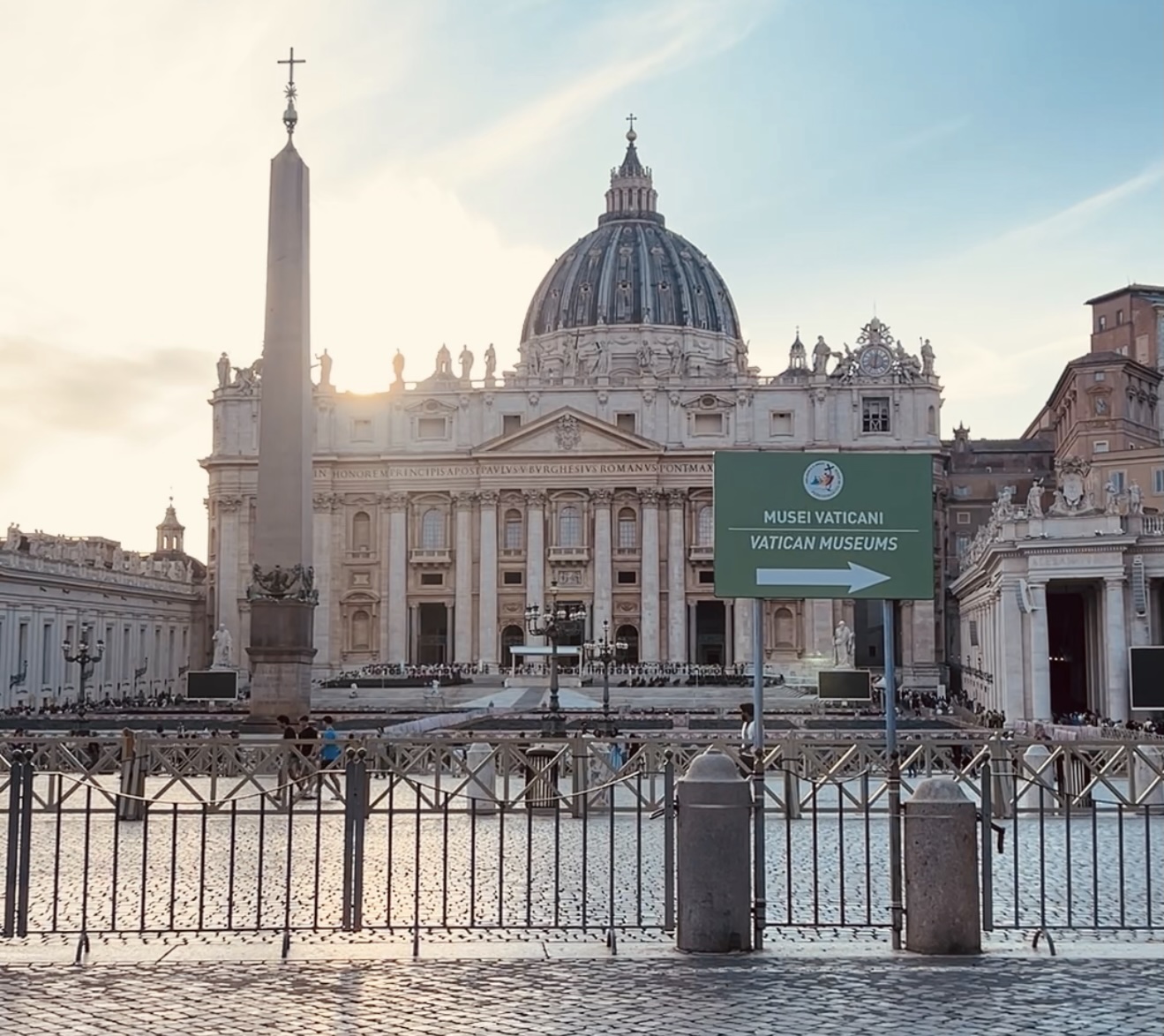(GENOA) — Almost 25 years ago, the G8, an informal group of the world’s largest economies at the time, met in Genoa.
Some 200,000 anti-globalization protesters from all over Europe also converged on the city during the July 20–22, 2001 meeting demanding a fairer approach to globalization, including environmental protection, cancellation of poor countries’ debt, and a democratic voice for everyone.
Among them was Black Bloc, a small group of protesters who used collective anonymity to carry out radical actions against symbols of capitalism. The government prepared Genoa to face the protesters: the city center was fortified to keep them out, and rooms were made available in hospitals and prisons. The police were armed, ready to intervene.Many citizens were leaving, while protesters were arriving.
Giovanni Mari, a journalist from il Secolo XIX, was assigned to cover the story. He talked to The Click about his experience.
This interview was conducted in Italian and translated by the author for The Click. It has been edited for length and clarity.
The Click: When did you decide to go on the streets?
Giovanni Mari: I had spent the whole year before visiting social centers all over Europe to see how they were preparing. I met their leaders; I came to know their purposes and ideals. It was clear that their aim was not to destroy the city. All the damage was caused by the Black Bloc, which was just a small group.
The Click: What was it like being there, witnessing history?
Mari: It was a suspension of democracy caused by a government that didn’t tolerate public demonstration. I saw young people being beaten by police. I was scared to death — you have the courage to write, to attack the government, but not to be beaten. Two colleagues were severely injured, one of them risked dying. The police were the aggressors; they had always been the aggressors. Anyone who was there saw it, but many newspapers didn’t want to tell the real story. There was [Prime Minister Silvio] Berlusconi and his truth; he labeled as communists anyone who presented a different account of the events. Several articles about what was happening ended up at the bottom of newspapers.
The Click: How did your editorial team receive your articles?
Mari: My editorial chief made a choice: to feature both the reporting from the street and the government’s version prominently. We alternated on the front pages. The public received the details of the events and the political statements. It was an intense conflict, and anti-globalization protesters were labeled as ticks, criminals. The alternation in the newspaper kept going, until the assault at the Diaz School. That was when the balance changed. It was a police attack on a dormitory of innocents.
The Click: If the G8 were held today, what would be different? Would you make the same choices again?
Mari: I have always been sure that if the G8 were held today — with social networks — everything would have been worse. Images of the Black Bloc, who set fire to shops, would have spread, making the whole of Italy believe that the anti-globalization protesters were destroying Genoa, without letting anybody see them, bare-handed, singing in the streets. But I would make the same choice, I would come back on the streets. When big events happen, reporters are the ones who fight.
The Click: In 2001, Prime Minister Silvio Berlusconi branded those against him as communists. Today, the US President Donald Trump portrays the political left as dangerous enemies of the nation. Do you see parallels a quarter century apart and an ocean in between?
Mari: I believe that this is precisely the style and message the two leaders wanted to convey: an incitement to broad, indiscriminate hatred against anyone who dares to think differently. The delegitimization of opponents is a well-established technique of political practice and propaganda, and I must say that over the years it has been applied with remarkable consistency by many politicians.


